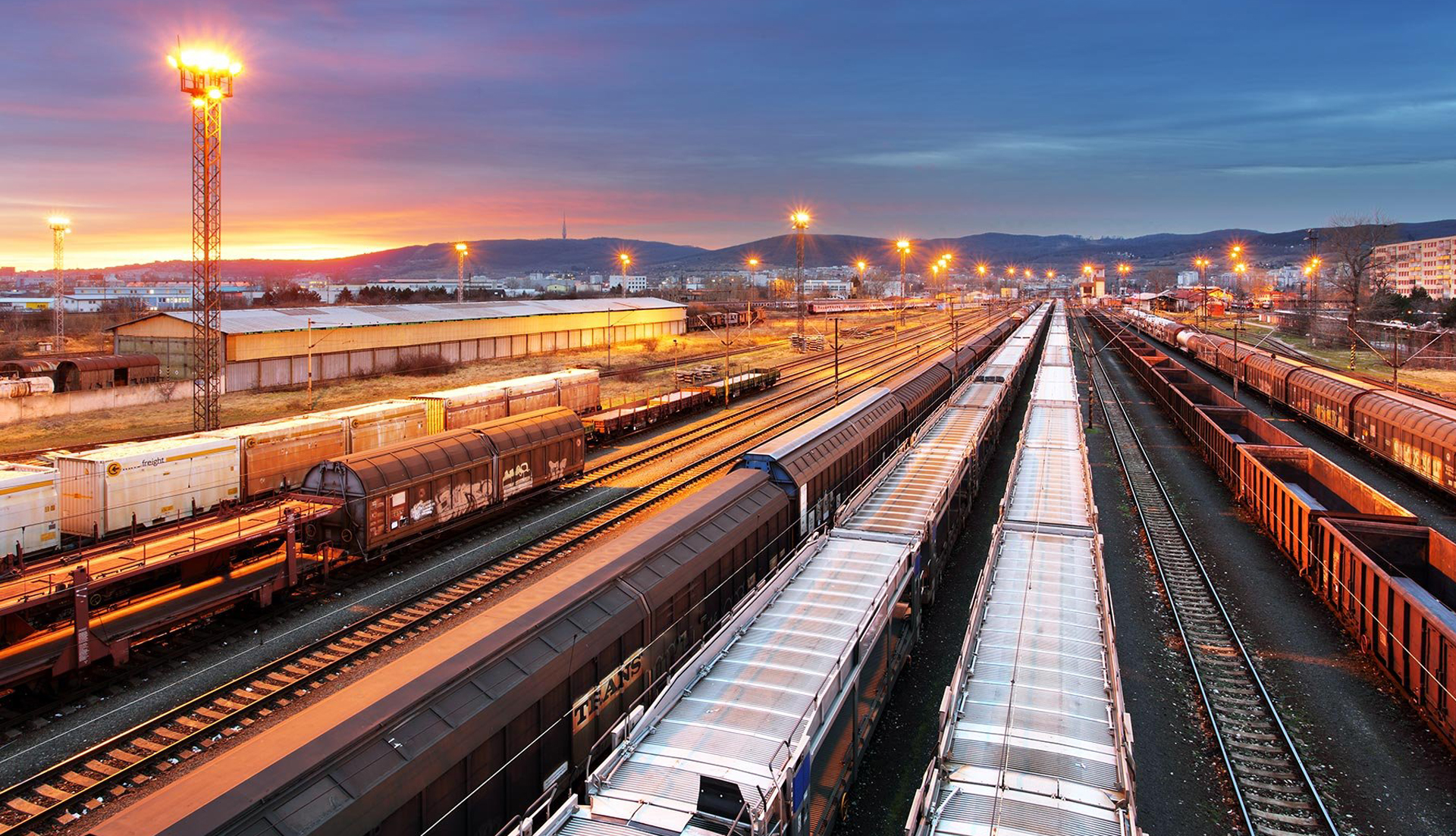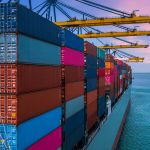Policy change or a mere shift?
Policy change or a mere shift?
Can South Africa’s railways be resurrected? NICK PORÉE says the future of the economy depends on it, but points out that policy change is urgently required.
Policy: “A set of ideas or plans that is used as a basis for making decisions.” (Collins Dictionary)
The current logistics crisis in South Africa is the direct result of government policy over the past 120 years: the policy decision to control and provide transport services by means of a national monopoly of ports, railways, and air transport has truncated the logistics industry.
The state-owned logistics companies (SOCs) have now virtually collapsed into inefficient failures needing rescue with billions of rands of public debt. Had there been no monopoly, there would now be many railways, port terminal operators, and airlines operated with competitive commercial efficiency and no public debts. South Africa has one railway company and possibly 10,000 heavy road freight operators; Switzerland has 26 railway companies and no heavy road freight.
The fault does not lie solely with the SOCs. The government – as the sole shareholder – has dictated the policy. The secrecy of bureaucracy hides accountability, but in the case of railways, the monopoly has captive customers which have lost billions of rands in sales. For general cargo, the railway does not offer service, but refuses to allow other train operators to use the railway network. The result is minimal use of railways and increasing use of road haulage. This is causing serious problems on roads, at borders, and in ports.
The absence of supporting logistics is a primary reason for the lack of interest by industry in the existing railways; this will be an important parallel future development. It must be appreciated that the creation of a commercially competitive railway industry from an almost “standing start” will require massive investment. This is necessary to replace all the missing general cargo access facilities abandoned by Transnet (3,000 stations and sidings) when it withdrew from breakbulk haulage before 2000. Most facilities are obsolete, so the revival will require a lot of expensive and sophisticated modern logistics and cargo handling systems, sidings, warehouses, intermodal terminals, and trains in many areas of the country if rail is to compete with two-way road freight.


The decision by the Cabinet to repeal the monopoly railway policy (see sidebar) has introduced a glimmer of light to the tunnel, but implementation is South Africa’s Achilles heel. In other modes – road, air, and sea – direction is determined by the driver with the steering wheel, with the opportunity to wander. In railways, the direction of trains is changed by the controller by means of the points, with no opportunity to wander and no policy ambivalence. The change of railway policy requires a definite “change of the points” to achieve open access under an independent track manager and train controller, not the resuscitation of the cause of the collapse.
A fundamental requirement to make it possible to permit many train operators on the network of lines is that the controller must exercise complete control of all train movements on the entire network; all train operating companies (TOCs) must be subordinate to the controller. The creation of competing TOCs will require very significant investment by the private sector. Therefore, all TOCs must be treated the same and be subject to all the safety and technical regulations. All must pay for their track usage in terms of published schedules which are the same for all operators. The level “playing field” is needed to promote competition and high levels of customer service, so that reduced costs will attract cargo from road to rail.
The independent track management and train control agency will be a statutory company like the National Roads Agency, under the control of the Department of Transport (DoT). It will take control of the entire network. Here I am referring to both Transnet and the Passenger Rail Agency of South Africa (PRASA). All technical and safety regulations will need to be published and enforced by the Railway Safety Regulator (RSR), also to be located in the DoT.
The cost of the track agency will be recovered by train-path charges to all TOCs using the rail network. There will be very extensive repair and overhaul costs to restore the dysfunctional existing systems. Tariffs will need to be subsidised to attract new TOCs and to promote competition. The level of tariffs charged by the Track Agency must be moderated by the Railway Economic Regulator in the same way as port charges are regulated by the Ports Regulator. It is essential that this process reduces the cost of rail freight to below road freight costs if the railways are to be competitive on the intercity routes, which are the major market in which they are likely to compete.
The process of discussions in committees has started but the “change of points” to a new competitive policy is still not evident. Definite policy decisions must be made by the controllers, not the SOCs, as the drivers. If the points are not changed, there will be minimal interest in private sector participation and South Africa’s logistics sector will continue to be expensive without the option of competitive railways.
How private companies will use rail network
Transnet has begun the process of allowing private companies to use its rail network by publishing a document detailing how it envisages the process will work. You can read the 150-page document here.
Should these plans be implemented, the African Rail Industry Association believes some 58 million tonnes of cargo could be “instantly” moved off South Africa’s roads. Another estimate by Stellenbosch University has pegged the number at 73 million tonnes.
Published by
Nick Porée
focusmagsa




